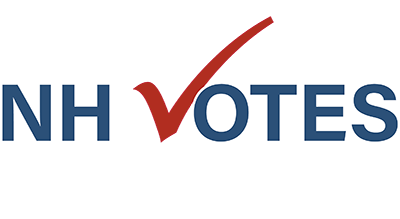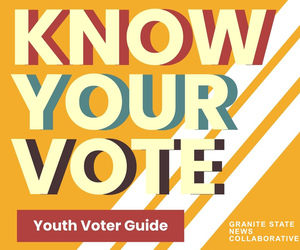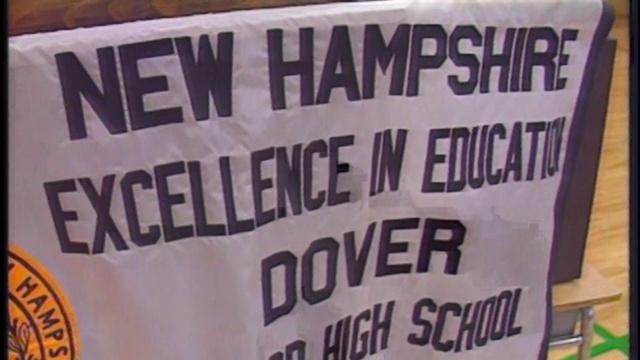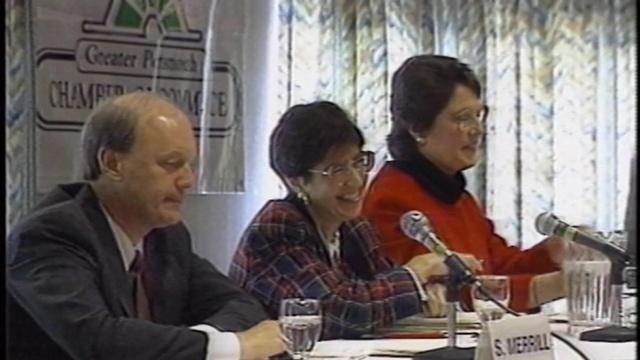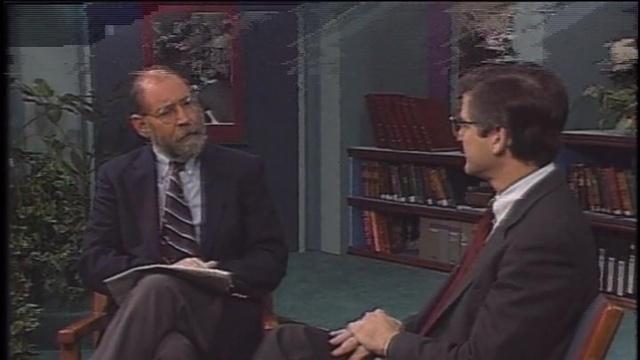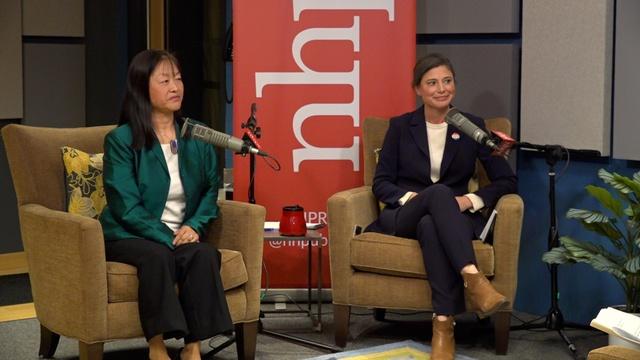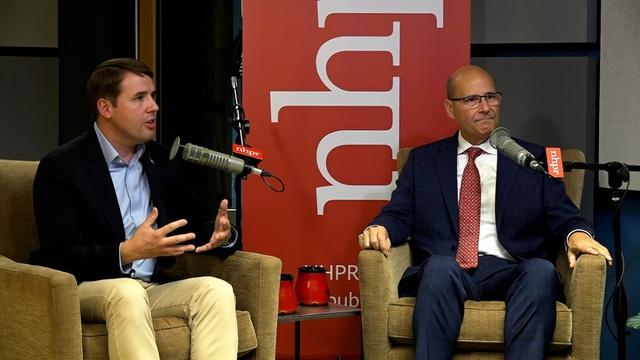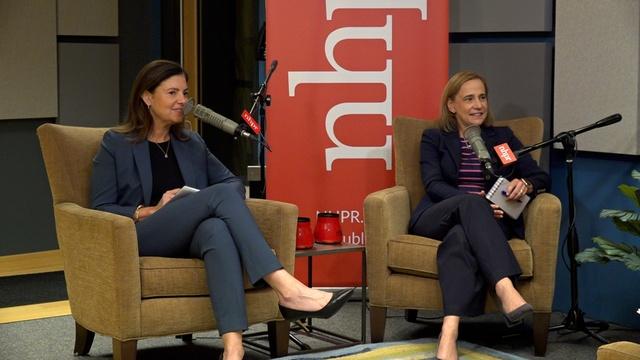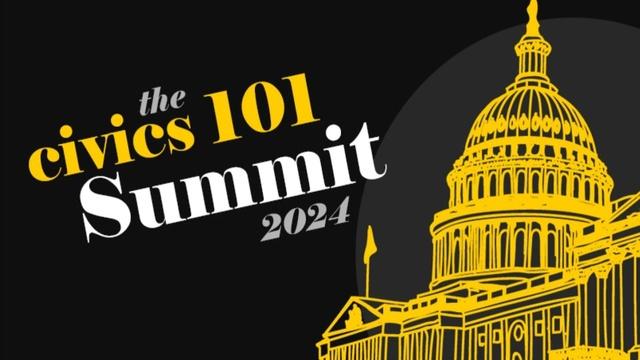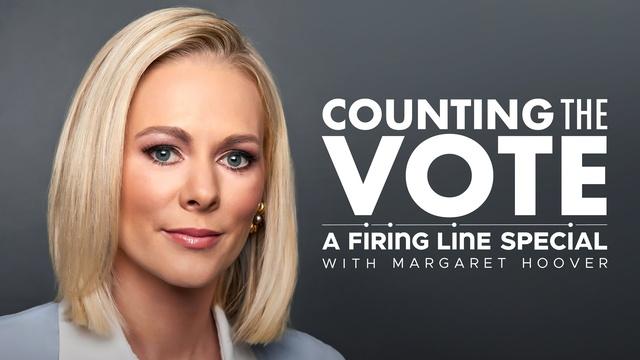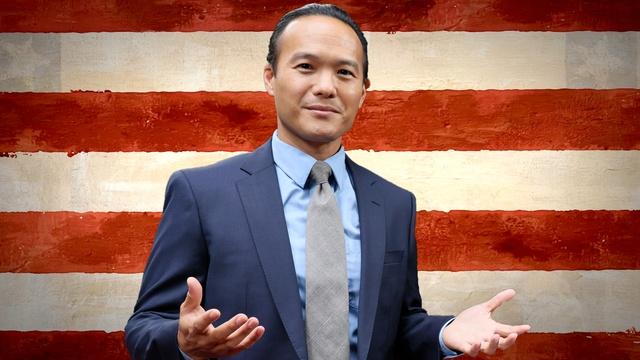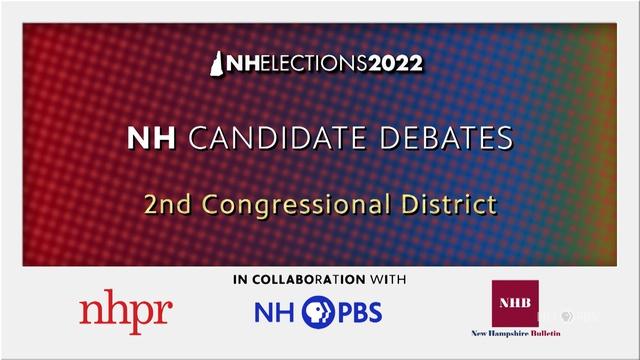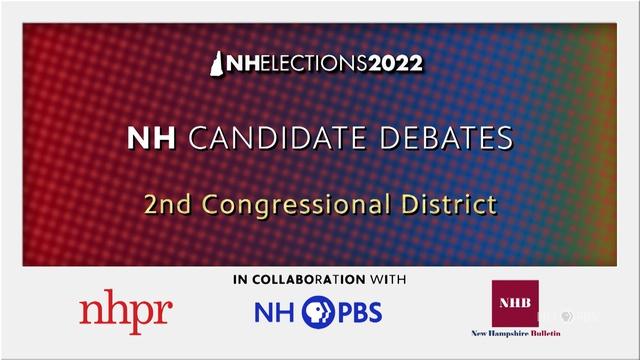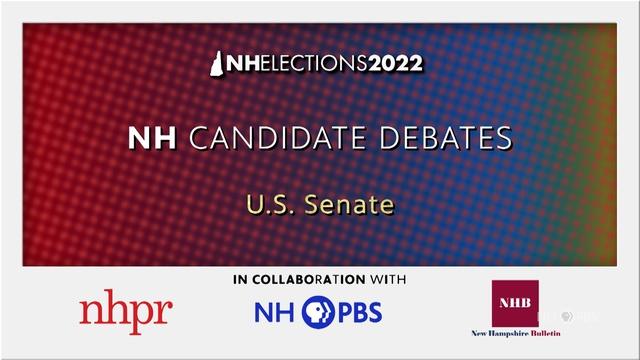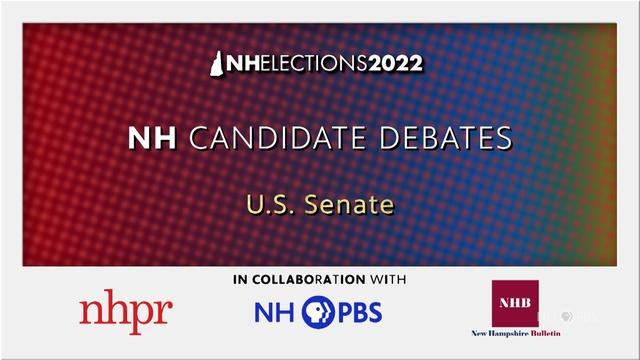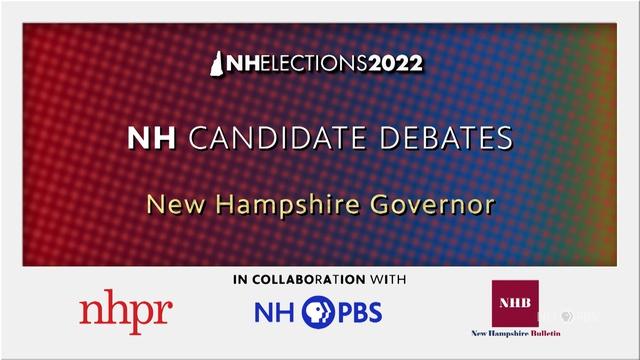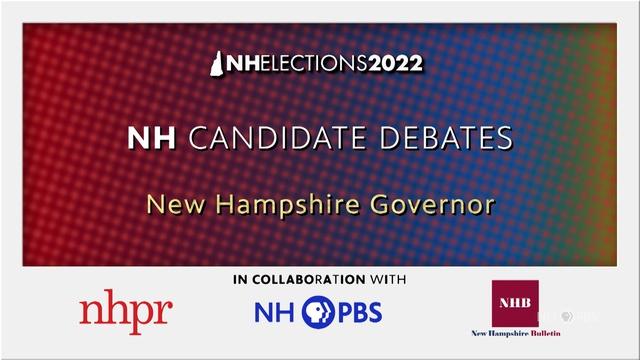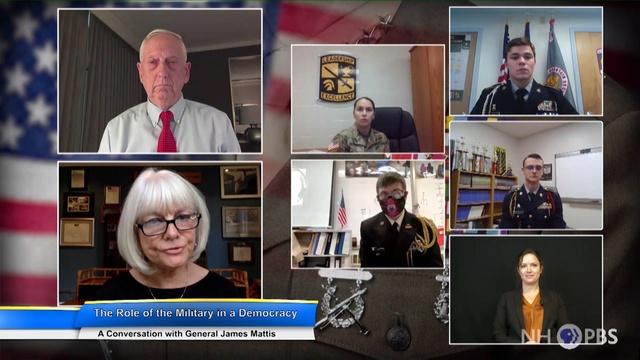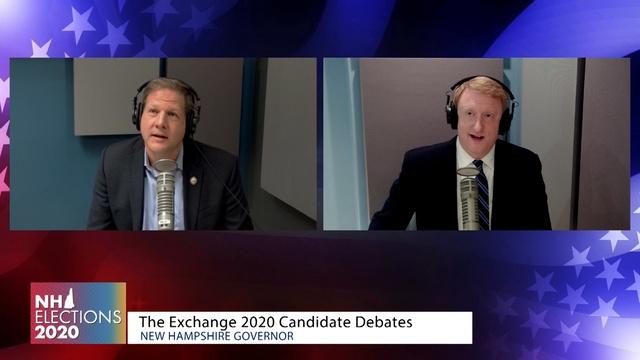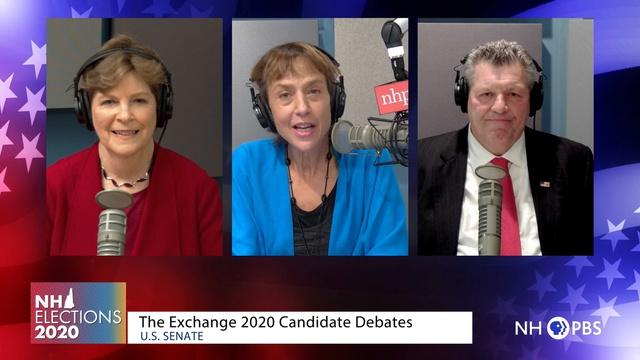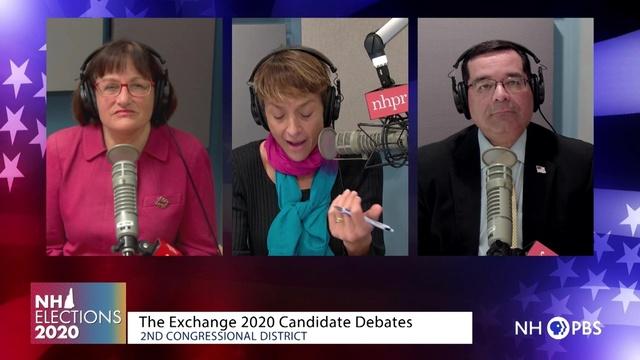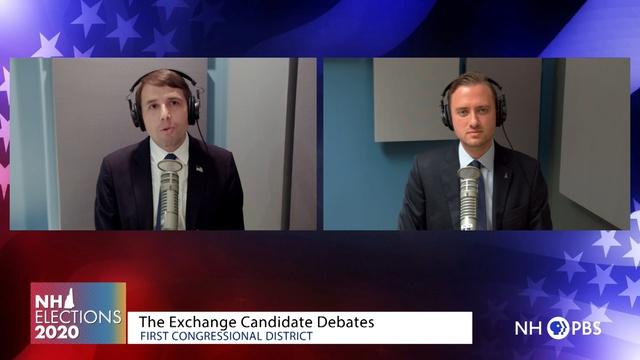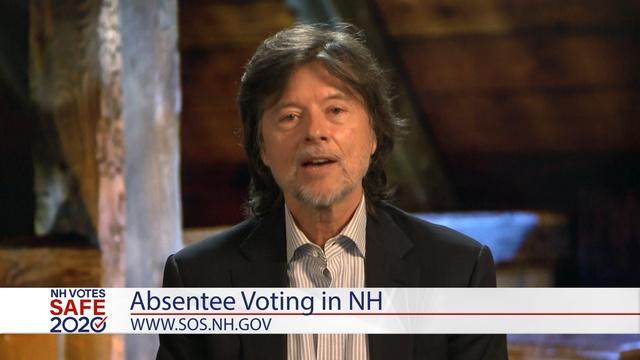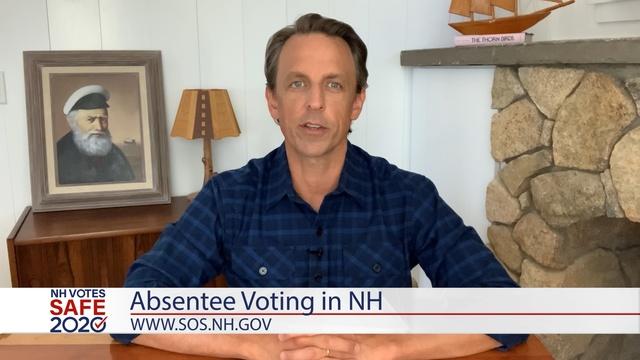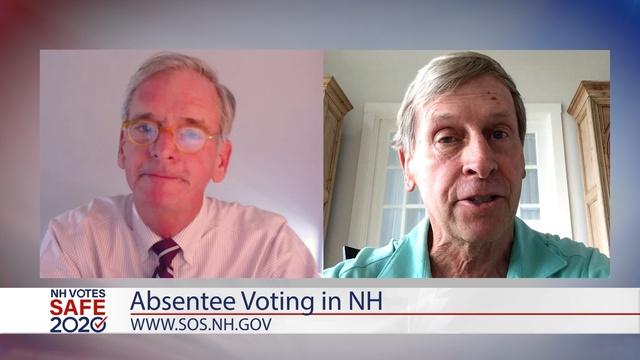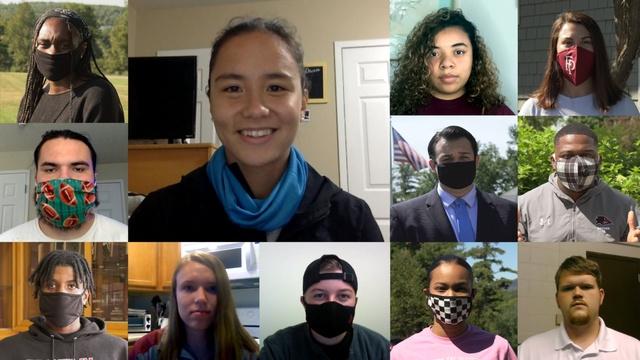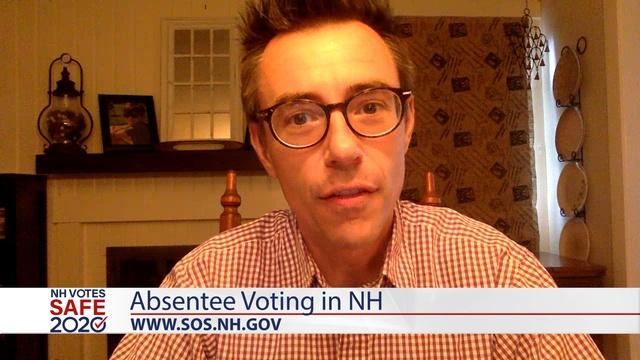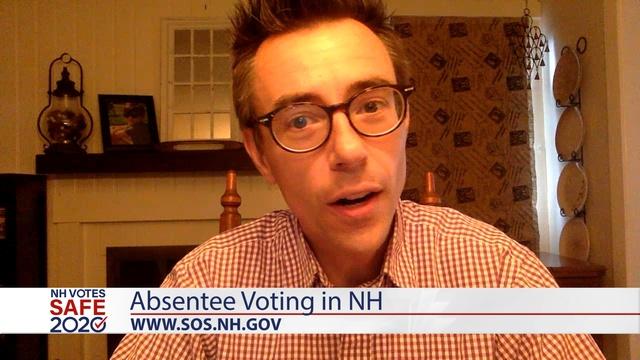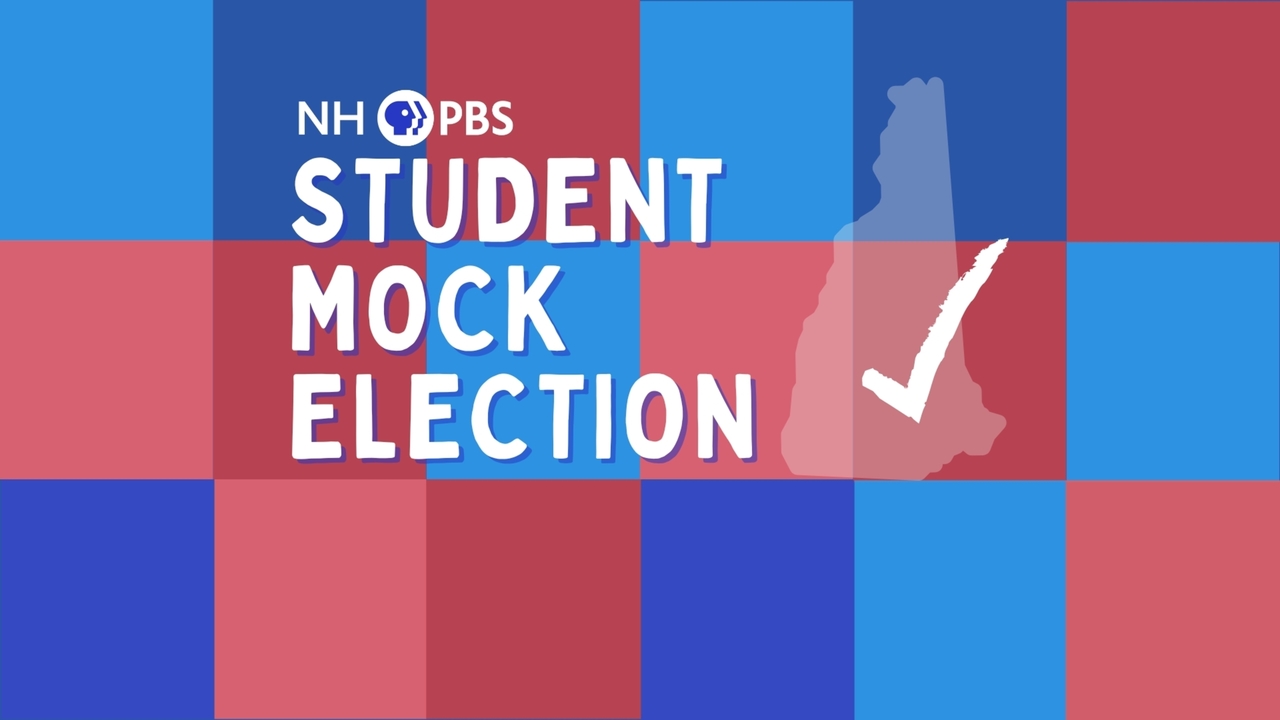Polling Reports from 2020 Election
From: Franklin Pierce University Polling Release
Rindge, NH. Released November 16, 2020 – A recent national poll of 1200 registered voters who voted in the November 3 presidential election showed that 81.4% of respondents reported that they are prepared to accept the outcome of the November 3 election; only 9.7% say they are not prepared to accept the results; 7.4% were unsure.
While 33.4% of respondents felt President Donald J. Trump had demonstrated “a great deal of respect” or “some respect” for the institution of the Presidency since his inauguration in 2017, 49.9% felt that he had demonstrated “a great deal of disrespect” or “some disrespect.”
Following an election that was, for many people, unexpectedly violence free, 5 in 10 respondents report that they are worried that there will be violence because of the November 3 election through the January 20 Presidential Inauguration; 3 in 10 are not worried there will be violence and 2 in 10 are unsure.
At a time when the pandemic is raging across the country, 8 in 10 respondents said they have worn masks “all or most of the time” when they’ve been out in public in the last month; another 9.6% reported wearing masks “some of the time.” Only 2.8% of respondents reported “never” wearing masks. Against that backdrop personal preference, only 63% of respondents felt that there should be a national mandate, while 30.5% said there should not be a national mask mandate.
And, as a second vaccine edges closer to final approval and public distribution, 50.7% of the respondents said they would get the vaccine when it became available, while an equal number of respondents said they would not (24.2%) or were unsure (24.2%).
Additional data were collected on race, the economy, voter use of media during the election, social media, disinformation, public health, and isolation.
The sampling margin of error for the data collected from Monday, November 9, through Monday, November 16, 2020 (N=1006) is +/- 3.00 percent with a confidence interval of 95%, and +- 2.00 percent with a confidence interval of 90%.
Methodology
The results of this survey are based on a mixed mode design of telephone and online surveys of “likely presidential election voters,” administered Monday, November 9, through Monday, November 16, 2020. The survey was conducted by GMRS Global Marketing Research Services, Inc., a non-partisan organization, and paid for by Franklin Pierce University in collaboration with The Boston Herald. The purpose of the poll is for media release.
A total of 1200 interviews of registered voters who voted in the November 3 presidential election were conducted.
For the telephone portion of the survey, a national random sample of registered voters was purchased from L2 Political, normalized by age and proportionate by four regions: East/Midwest/South/Pacific. The telephone portion of the survey yielded 420 completes, gathered through cell phones (60%) and landline (40%) telephone numbers. All telephone interviews were conducted by paid, trained, and supervised interviewers. The survey was conducted in English.
The sample for the online portion of the survey was done by Dynata, which pulled random registered voters who have opted in to take a survey and then narrowed down the send to specific quota targets. The sample was directed into projects via an internal router and the surveys were conducted via GMRS’s online portal. A total of 17,367 invitations were sent out to achieve a total of 720 completes. Online respondents could complete the survey via a mobile browser, and 41% did so.
Quotas on age by male and female, race, political party, and region were derived from similar national surveys. Quotas are primarily used to balance the sample towards the known makeup of the universe we are calling into, as well as remove some biases towards people who are more likely to answer the phone at any given time (for example older Caucasian females). As we were using a voter file for the calls, we can expire records within the cells that have been completed as to have a minimal effect on incidence and production.
The data are weighted.
The sampling margin of error for the data collected from Monday, November 9, through Monday, November 16, 2020 (N=1200) is +/- 3.00 percent with a confidence interval of 95%, and +- 2.00 percent with a confidence interval of 90%.
In addition to sampling error, all surveys have other potential sources of non-sampling error including response fatigue, mode effects, question wording effects, question order effects and non-response.
For more information about the survey please contact:
Dr. Kristen D. Nevious, Director, The Marlin Fitzwater Center for Communication, Franklin Pierce University
603.899.1039
neviousk@franklinpierce.edu
Return to the
NH Votes
Main Page
Civics
Civics and civility are important for a thriving democracy because they allow citizens to participate effectively in the political process and to resolve their differences peacefully. When citizens are informed about their rights and responsibilities and when they are able to engage in civil discourse, they are better able to hold their government accountable and to work together to solve common problems.
New Hampshire PBS is partnering with NH Civics and the Marlin Fitzwater Center for Communication at Franklin Pierce University to promote civics and civility. Check out the latest events hosted by NH Civics.

